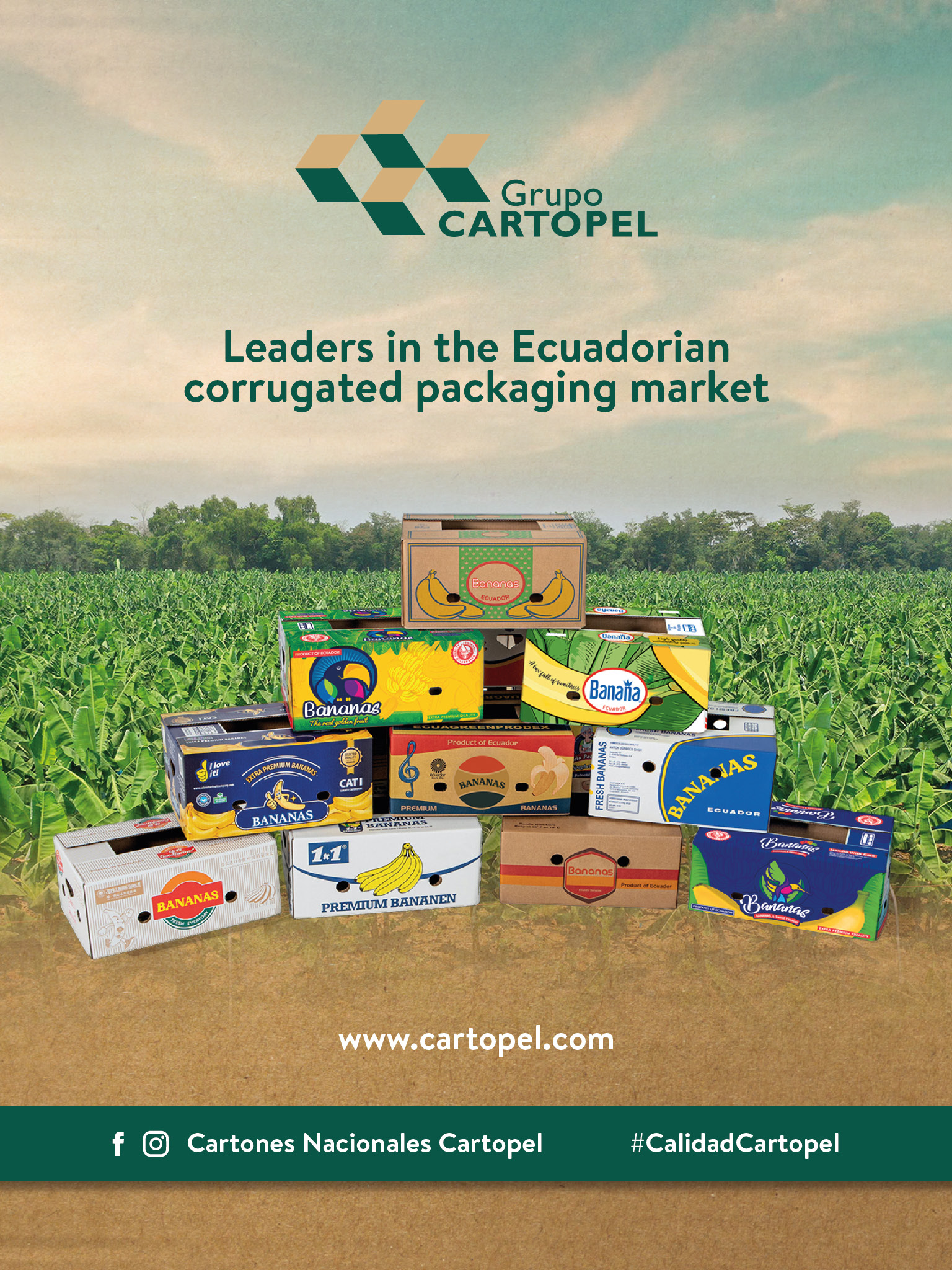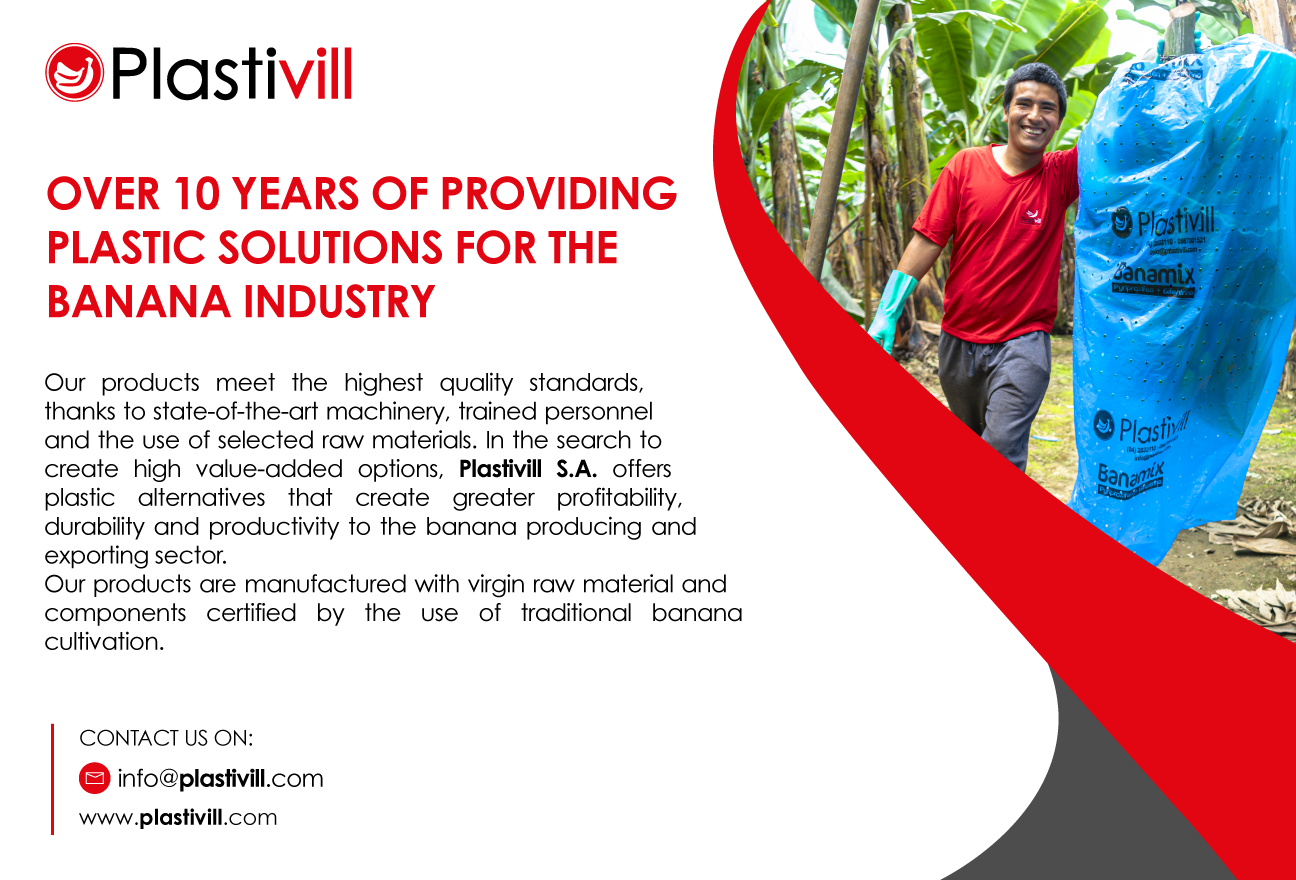Vicente Wong is a skilled and experienced CEO (to the tune of four decades) of the large family-run business Reybanpac and its parent company Favorita Fruit Company, having been at the helm since 1982.
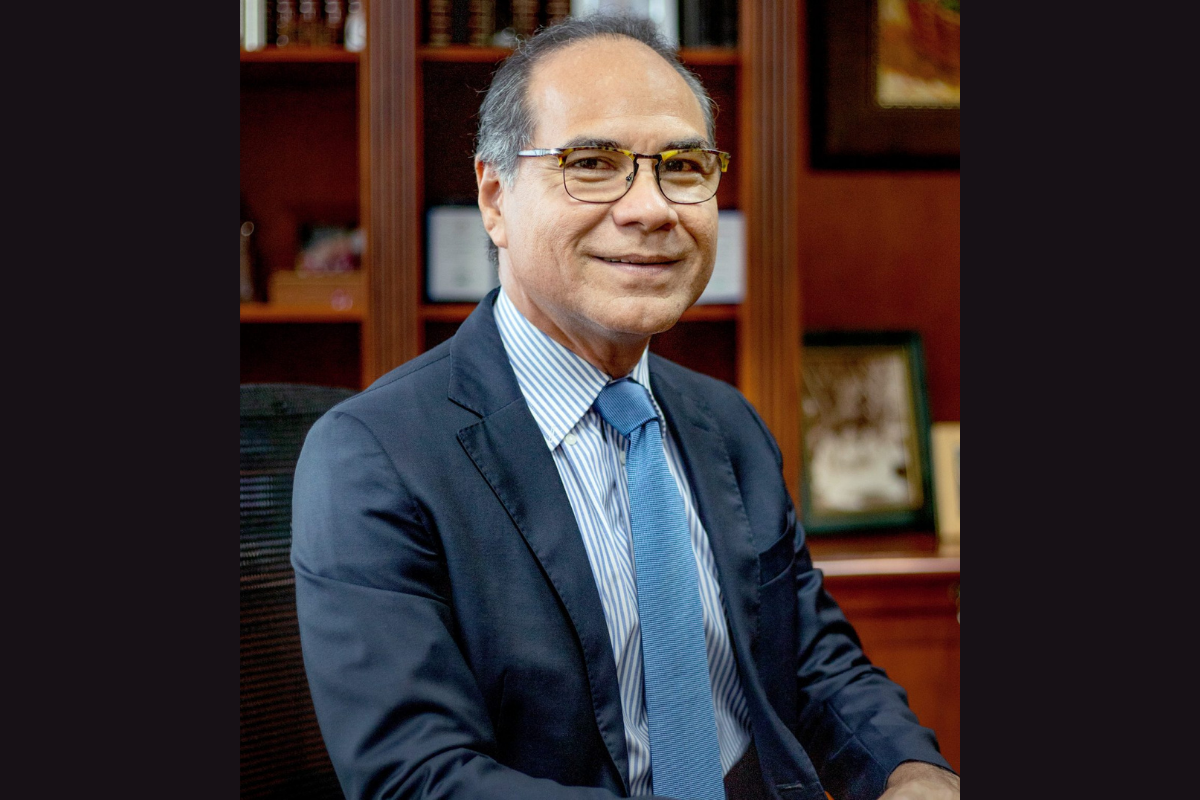
The company and its holding group have been in business since 1977, established with the objective of exporting bananas locally and internationally. Fast forward to today, and the company is the largest producer and second-largest exporter of bananas in Ecuador. It boasts more than 19,768 acres of bananas, four acres of African palms and 74 acres of macadamias, with these additional crops forming part of the company’s agricultural diversification program.
Reybanpac’s exports have grown from an initial one million to 27 million boxes annually. It also directly employs 7,800 people. Under Vicente’s leadership, the company has also gained a GLOBALG.A.P. certification for its plantations and, most recently, obtained the carbon neutral product certification for its banana operation – from the cradle to the port of shipment.
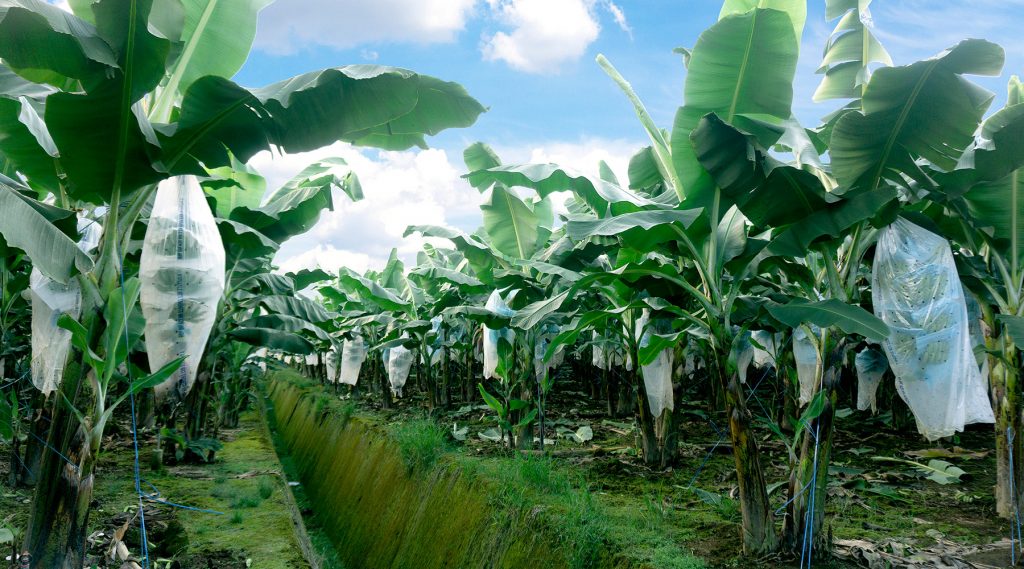
Vicente credits the achievement to both an understanding of the importance of reducing carbon emissions as well as a welcome by-product of its ongoing commitment to the company’s program of implementing good agricultural practices, such as precision agriculture. “One of the things that is very important for us is this great chain of sustainability,” he tells The CEO Magazine.
He says the company is permanently focused on greater efficiency and, therefore, on optimizing and reducing the use of resources and agricultural inputs. This means the end consumer receives a topnotch product with the comfort of knowing it was grown sustainably.
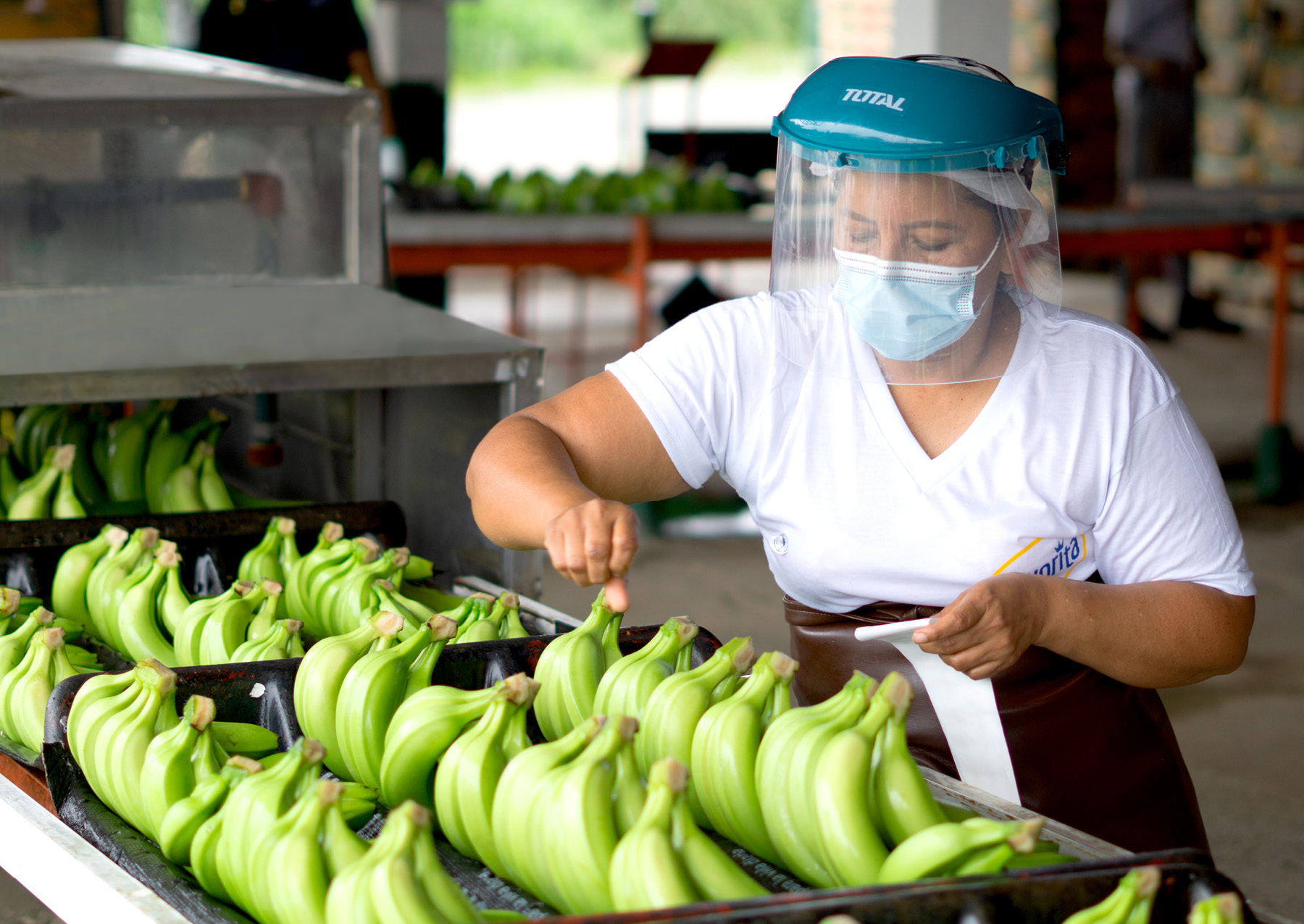
Every day, we look for value markets where we can really make a difference.
Looking for ways to diversify and differentiate its product offering such as introducing new types of crops, implementing new technologies and seeking out emerging global marketplaces, has been a big part of Vicente’s approach. “We have been characterized by market diversification and market differentiation,” he explains. “Every day, we look for value markets where we can really make a difference.”
When it comes to such markets – for example, Europe – he says Reybanpac’s growth is in advancing the supply chain in those markets. “We are putting a lot of effort into our growth in those markets because, in addition to being differentiators, they have stability, which is what really allows us to make all the investments locally, especially in technology and infrastructure,” he points out.
“It also allows us to really serve these markets and distance ourselves a little bit from the competition, especially in Ecuador, where the great number of competitors are focused on emerging markets, on markets of little value.”
Lessons from a pandemic
Looking to the future in the short- to medium-term, Vicente says that while the pandemic has left a mark, it has also imparted some valuable business lessons.
“We have lived through other crises at a global level, but the pandemic really hit the logistics chain, especially at the beginning,” he shares. “In the second year, costs have had an increase in terms of freight, materials, cardboard, plastic and fertilizers, which is a global issue, as well as significant growth. That is the challenge we are facing now.”
With a nod to his considerable industry experience, Vicente admits that in his decades of agribusiness, he has never seen a collective knock-on effect like now, noting Reybanpac’s challenge is to foster “strategic customers” who understand that the situation is being experienced globally, and who can recognize this in a shared way. He says this is required to continue growing and developing in the medium- and long-term.
Vicente believes the key means of differentiating yourself as a company relies on investment. “First, have a clear vision of your model and then invest in it,” he advises. “Given the current conditions, the issue of technology and people development is extremely important. Being able to adopt and adapt new technologies at the production level, at the logistics level, at the marketing level, at the product quality level can really make a difference.”
Given his belief that people play an important role “because they are the ones who have the creativity, have the knowledge and the empowerment to carry out these changes”, Vicente says this investment should include investing in education and upskilling. “It is important to have people prepared in digital media and to work collaboratively, to have that resilient attitude to situations like the ones we are living, for example,” he stresses.
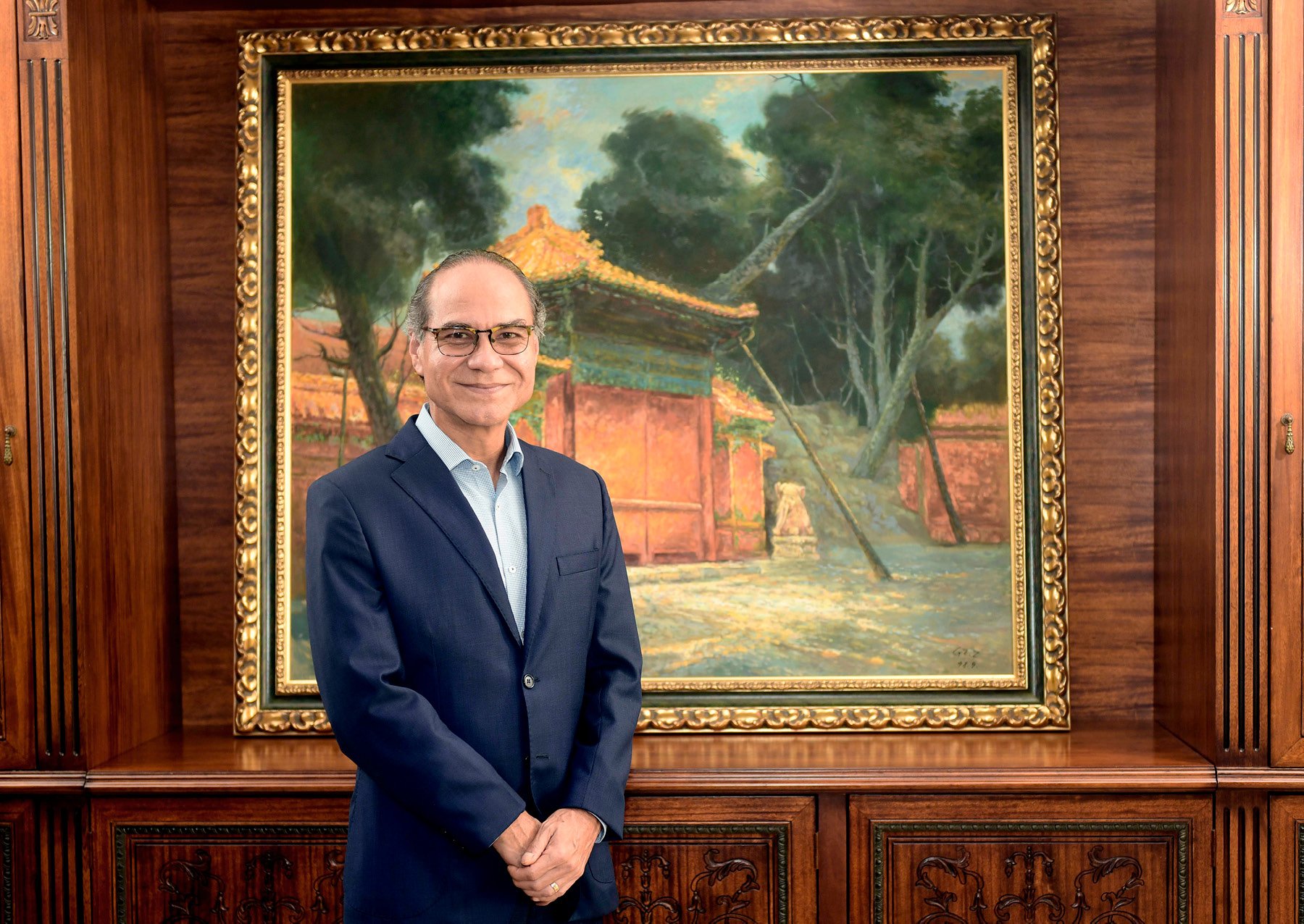
I believe that in any operation we must always have options and alternatives. It is fundamental to be able to maintain that stability, that credibility and that compliance
It’s an approach he equally applies to himself. “When you think you already know everything, things like the pandemic appear, and all that comes with it. But I think having that humility and openness to be able to adapt to new circumstances all the time is the most important thing to find the opportunities to be able to continue growing and developing.”
It’s a mindset Vicente credits to his upbringing, most notably his father’s approach to life and work. “My father, who emigrated, knew how to surround himself with intelligent people,” he recalls. “He was always very hardworking, very persistent, always willing to adapt himself more. My father’s leadership is very human, very close to people, very open, very collaborative and always anticipating events.”
People power
Vicente adds that surrounding himself with good people is equally applicable to the partnerships integral to keeping Reybanpac running, from suppliers to the staff themselves.
“I believe that being able to choose good suppliers, good business partners, is fundamental,” he says. “Then you need to be able to follow them and work with them, and at the same time support them. This is all essential to be able to avoid issues such as those we have experienced through the pandemic.”
More pragmatically, Vicente says it is important to have additional support because nobody is exempt from experiencing problems. “I believe that in any operation we must always have options and alternatives. It is fundamental to be able to maintain that stability, that credibility and that compliance,” he asserts.
He notes the benefits of having reliable supply chains and employees includes being able to do what needs to be done to build and maintain a good “reputation and credibility”, essentially being able to ensure what the company has committed to is done, and what is said is being fulfilled.
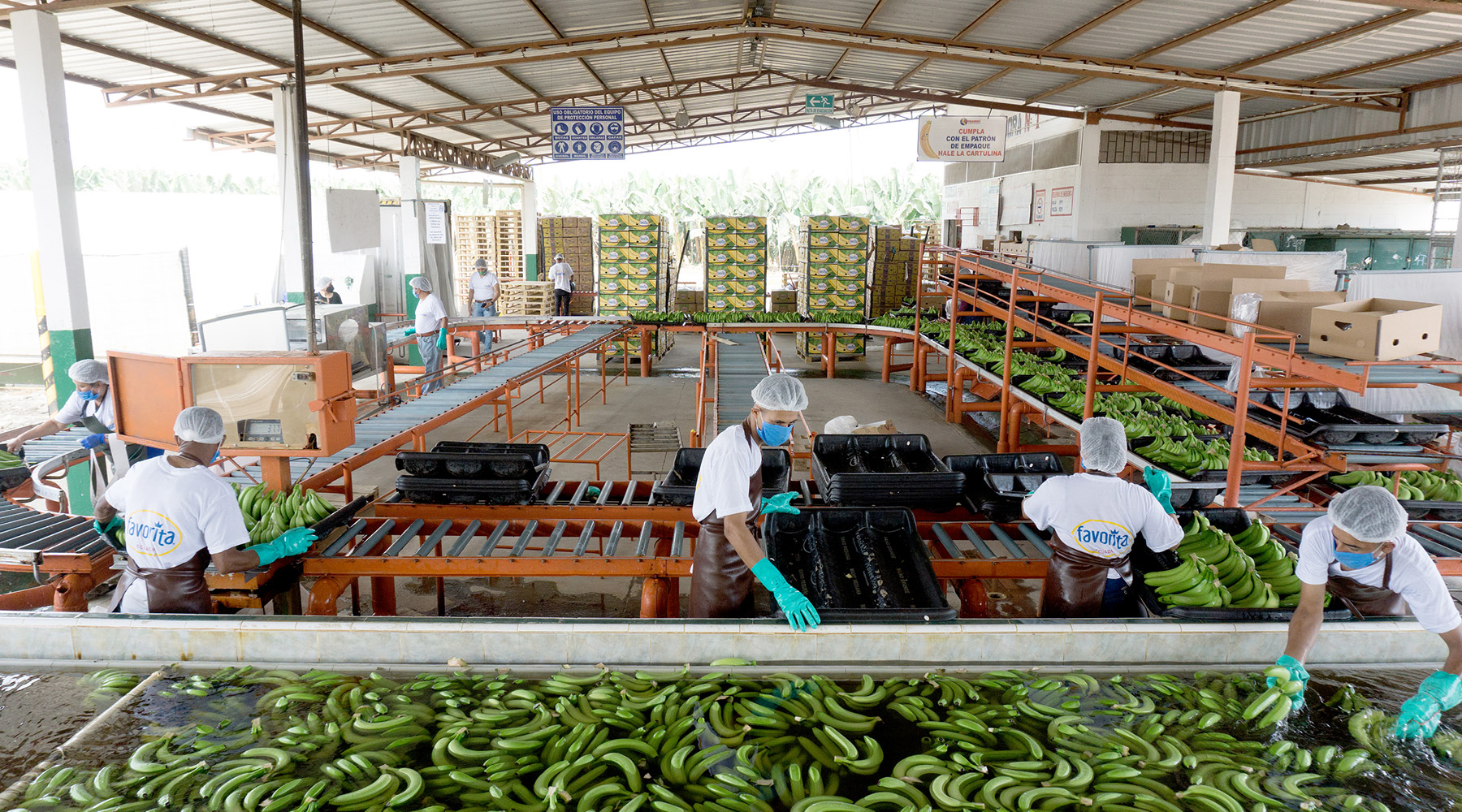
In difficult times, we have to focus on opportunities and always look to an optimistic and better future.
“Aside from our suppliers, our people and the commitment they have is very important. And for that, we have invested in education and in their development,” he shares. “We manage thousands of people and families, and that for us is the most important asset. And just as we do with people, we look for the same with other partners throughout the chain.
“In difficult times, we have to focus on opportunities and always look to an optimistic and better future. I believe that if you have that positive attitude, you will always be able to overcome the obstacles that come your way.”
Vicente understands that because Reybanpac employs thousands of people – meaning thousands of families depend on it – as an employer, the company needs to offer that peace of mind. He believes that by doing so, its employees will always be there and respond in very difficult situations, such as the pandemic. “The company and the group as such never stopped because of them,” he shares. “They were really committed and knew that this was complicated, but also that it was not going to last forever.”
Proudly supported by:
